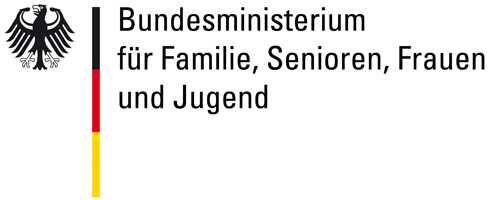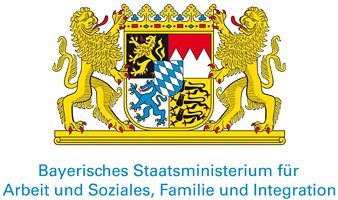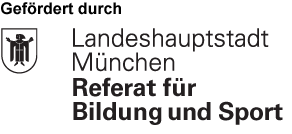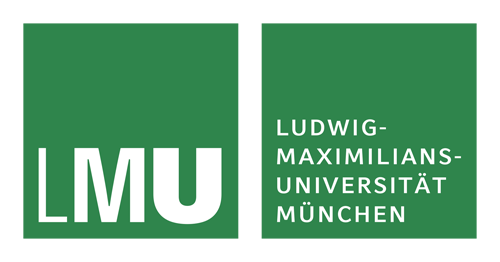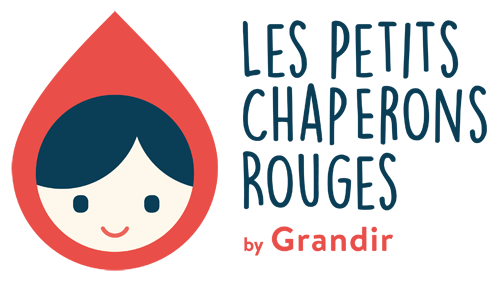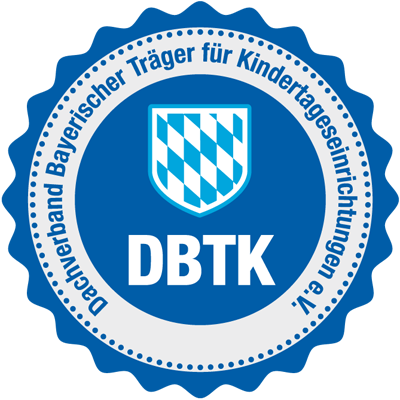Multilingualism
Multilingualism
At Infanterix, bilingualism is another important component of the work.
In Europe, in particular, the ability to speak multiple languages is a key skill that is never too early to begin to develop. It has been proven that children who are exposed to other languages from infancy or early childhood are more eloquent later in life. Languages provide access to other cultures and allow us to reach out to others and treat them with tolerance and respect.Toddlers learn languages playfully, through absorption. Research into existing skills in infants and their vast capacity for language and creativity shows that children can imitate more sounds than they will need later on in life. Babies have the ability to form more sounds than they will need in order to speak their mother tongues. Language development is closely linked to mental, physical and emotional maturity. In early childhood, children’s development is holistic. Therefore, language training is integrated into every area of education.
In our groups, caregivers speak only in their mother tongue with the children. As a result, both languages (English/German; French/German) are permanently present in everyday life and the children learn early on to distinguish different languages.
Our work is based on the Bavarian Education and Formation Plan for Children. Our focus lies on bilingualism. The application of the “one person, one language” principle helps promote bilingualism. However, bilingualism not only refers to the ability to speak two languages, but also includes interacting with different cultures and societies through project work.
All details regarding the educational concept of Infanterix can be found in our overall ethos.





